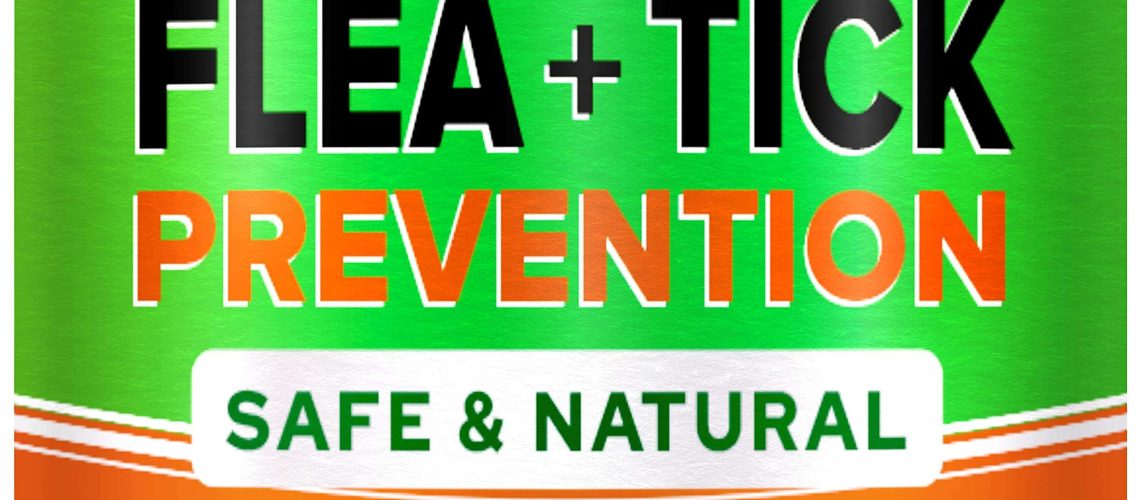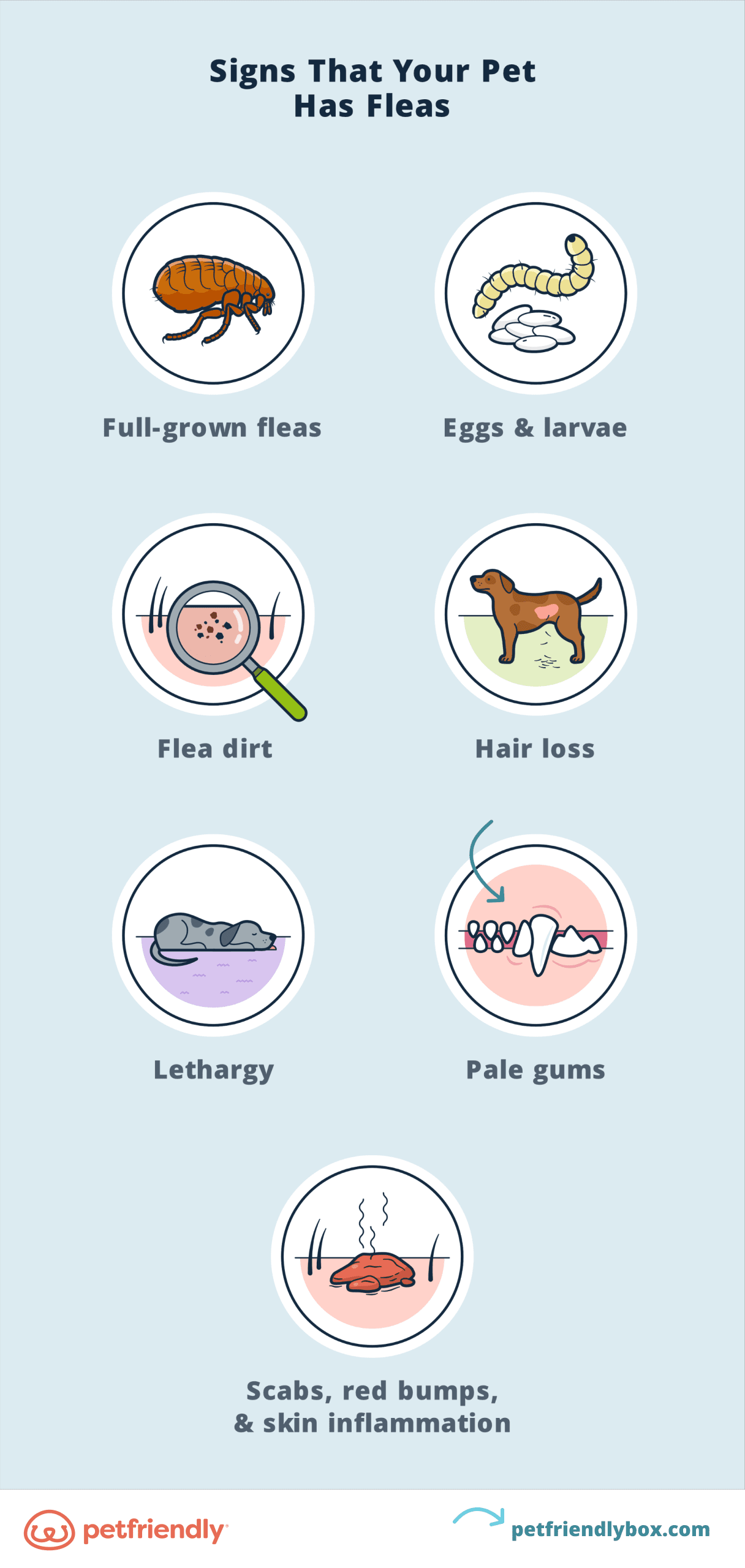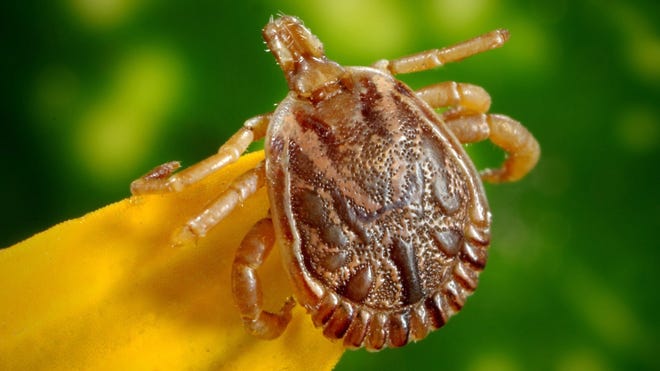Key Takeaways:
- Natural flea and tick preventatives for dogs can be effective in repelling pests, but their effectiveness may vary depending on the individual dog.
- Using natural preventatives can be a safer alternative to chemical-based products, as they are less likely to cause adverse reactions or harm to the dog.
- Regular application and consistent use of natural preventatives are crucial for optimum effectiveness in repelling fleas and ticks.
- Combining multiple preventative methods, such as using natural products along with regular grooming and cleaning, can provide better protection against flea and tick infestations.
- It is important to consult with a veterinarian before starting any natural flea and tick preventative regimen, as they can recommend the most suitable options for your dog's specific needs.
Are you a dog owner who wants to keep your furry friend safe from pesky fleas and ticks? If so, then delving into the world of natural flea and tick preventatives for dogs is a must! Not only can these products help protect your beloved pet from annoying and potentially harmful parasites, but they also offer a range of other benefits. By understanding whether these natural preventatives actually work, you can make informed decisions about how to best care for your canine companion. So, let's dive into this topic and discover the truth behind natural flea and tick prevention for dogs. Get ready to unleash the knowledge that will keep your furry friend happy and healthy!
Natural Ways to Keep Your Dog Flea and Tick-Free
Why is it important to keep your dog flea and tick-free?
Keeping your dog free from fleas and ticks is crucial for their health and well-being. Fleas can cause intense itching, skin allergies, and even transmit diseases such as tapeworms. Ticks, on the other hand, can carry dangerous illnesses like Lyme disease. By preventing these pests from infesting your dog, you can ensure their comfort and protect them from potential health risks.
What are some natural ways to keep your dog flea and tick-free?
There are several natural methods you can use to keep fleas and ticks away from your dog. One effective method is to regularly groom your dog with a flea comb. This comb has fine teeth that can catch fleas and ticks in their fur, allowing you to remove them manually. Another natural option is to use essential oils such as lavender or cedarwood, which have repellent properties against fleas and ticks. You can dilute these oils with water or a carrier oil, then spray or apply them onto your dog's fur.
Understanding How Natural Flea and Tick Preventatives Work for Dogs
How do natural flea and tick preventatives work?
Natural flea and tick preventatives work by repelling or killing these pests using ingredients derived from plants or minerals. These ingredients often have strong scents that fleas and ticks dislike, causing them to stay away from treated areas. Some natural preventatives also contain substances that disrupt the life cycle of fleas or ticks, preventing them from reproducing or developing into adults.
What are some common ingredients found in natural flea and tick preventatives?
Common ingredients found in natural flea and tick preventatives include essential oils like peppermint, eucalyptus, and lemongrass. These oils have natural insect-repelling properties. Other ingredients include neem oil, which is derived from the neem tree and has insecticidal properties, and diatomaceous earth, a fine powder made from fossilized algae that can dehydrate and kill fleas and ticks.
Do Natural Flea and Tick Preventatives Really Keep Dogs Free from Pests?
Are natural flea and tick preventatives effective in keeping dogs free from pests?
Yes, natural flea and tick preventatives can be effective in keeping dogs free from these pests. However, it's important to note that their effectiveness may vary depending on factors such as the severity of the infestation and the specific product used. Some dogs may also have individual reactions to certain ingredients in natural preventatives. It's always a good idea to consult with your veterinarian before using any new products on your dog.
What are some advantages of using natural flea and tick preventatives?
Using natural flea and tick preventatives for your dog has several advantages. Firstly, they often contain fewer chemicals compared to traditional chemical-based products, which can be safer for both your dog and the environment. Additionally, natural preventatives can provide an alternative option for dogs with sensitivities or allergies to certain chemicals. Finally, many pet owners prefer using natural products as they align with their personal beliefs about using more eco-friendly and sustainable solutions for their pets.
Discovering Effective Natural Flea and Tick Preventatives for Your Dog
When it comes to protecting your furry friend from fleas and ticks, natural preventatives can be a safe and effective option. One popular natural method is using essential oils. Certain oils like lavender, peppermint, and cedarwood have been found to repel these pesky parasites. Simply dilute a few drops of the chosen oil in water and spray it onto your dog's fur or collar. Another natural option is diatomaceous earth, a fine powder made from fossilized algae. This powder works by dehydrating fleas and ticks when they come into contact with it.
Additionally, there are herbal flea collars available that contain ingredients like citronella, eucalyptus, and neem oil. These collars release a pleasant scent while repelling fleas and ticks. It's important to note that not all natural preventatives work for every dog, so it may require some trial and error to find the most effective solution for your pet.
The Benefits of Natural Flea and Tick Preventatives
Natural flea and tick preventatives offer several advantages over chemical-based products. Firstly, they are generally considered safer for both dogs and humans as they do not contain harmful toxins or chemicals. This is particularly beneficial for households with children or individuals who may have sensitivities to certain substances.
Furthermore, natural preventatives often have fewer side effects compared to their chemical counterparts. Many pet owners report that their dogs experience less skin irritation or allergic reactions when using natural options. Additionally, some natural methods can also provide additional benefits such as soothing irritated skin or promoting a shiny coat.
Tips for Choosing Natural Flea and Tick Preventatives
- Research different essential oils to find the ones that are safe for dogs and effective against fleas and ticks.
- Consult with your veterinarian before using any natural preventatives, especially if your dog has any underlying health conditions.
- Start with a small amount of the chosen preventative to test for any adverse reactions before applying it more extensively.
- Consider combining different natural methods for enhanced effectiveness. For example, using both essential oils and herbal flea collars.
Potential Side Effects and Risks of Using Natural Flea and Tick Preventatives for Dogs
While natural flea and tick preventatives can be a safer alternative to chemical-based products, it's important to be aware of potential side effects or risks. Essential oils, when used improperly or in high concentrations, can cause skin irritation or allergic reactions in some dogs. It's crucial to always dilute essential oils properly and monitor your dog for any signs of discomfort after application.
Ingesting certain essential oils can also be toxic to dogs. Therefore, it's important to prevent them from licking or ingesting any products containing these oils. Additionally, some natural ingredients may not be suitable for puppies, pregnant dogs, or dogs with specific health conditions. Consulting with your veterinarian is crucial to ensure the safety and well-being of your pet.
Taking Precautions with Natural Preventatives
To minimize the risks associated with natural flea and tick preventatives:
- Always follow the instructions provided by the manufacturer regarding dosage and application methods.
- Avoid using multiple preventatives simultaneously as this may increase the risk of adverse reactions.
- If you notice any unusual symptoms or behaviors in your dog after using a natural preventative, discontinue use immediately and consult with your veterinarian.
How Often Should You Apply Natural Flea and Tick Preventatives on Your Dog?
The frequency of applying natural flea and tick preventatives depends on various factors, including the specific product used, your dog's exposure to fleas and ticks, and the current infestation level in your area. Generally, it is recommended to apply natural preventatives every 2-4 weeks for optimal protection.
However, it's important to monitor your dog regularly for any signs of fleas or ticks, especially during peak seasons. If you notice an increase in these parasites despite using preventatives, you may need to adjust the application frequency or consider alternative methods.
Factors Affecting Application Frequency
Consider the following factors when determining how often to apply natural preventatives:
- The effectiveness of the chosen preventative: Some products may provide longer-lasting protection than others.
- Your dog's outdoor activities: Dogs that spend more time outdoors or in heavily infested areas may require more frequent application.
- The climate in your region: Warmer climates with higher flea and tick populations may necessitate more frequent application.
Exploring Alternative Methods to Control Fleas and Ticks on Dogs Without Chemicals
If you prefer to avoid using any chemicals or natural preventatives altogether, there are alternative methods available to control fleas and ticks on dogs. Regular grooming plays a crucial role in preventing infestations. Brushing your dog's fur regularly helps remove any fleas or ticks present and allows you to spot them early before they become a major problem.
You can also create a flea comb by adding dish soap to warm water. Comb through your dog's fur with this solution, which will cause the fleas to drown. Additionally, keeping your dog's environment clean by regularly vacuuming carpets, washing bedding, and maintaining a well-trimmed yard can help reduce the presence of fleas and ticks.
Creating a Flea-Free Environment
To create a flea-free environment without chemicals:
- Vacuum carpets, rugs, and upholstery frequently to remove any eggs or larvae.
- Wash your dog's bedding regularly in hot water to kill any fleas or ticks present.
- Mow your lawn regularly and remove any debris or tall grass where fleas and ticks may hide.
- Consider using nematodes, microscopic worms that feed on flea larvae, in your yard as a natural control method.
In conclusion, natural flea and tick preventatives for dogs can be effective in keeping these pests away. However, it is important to carefully research and choose the right product that works best for your dog's needs.
Do natural flea and tick products for dogs work?
Using natural flea remedies for dogs may take longer to apply compared to other methods, but it is a worthwhile trade-off for those who are concerned about using synthetic pesticides. The additional application time provides peace of mind for treating fleas in a natural and safe way for both the home, yard, and the dog.
What is the best natural tick and flea prevention for dogs?
Cedar oil can be used to keep fleas and ticks away from your dog by adding a few drops to a carrier oil or their shampoo. Citronella oil is effective in repelling mosquitoes, fleas, and ticks, and can be applied using a spray bottle on your pet, yard, or inside your house.
Do natural flea products work?
In summary, there is currently no proven evidence that natural remedies are effective in treating or preventing fleas. Furthermore, there are safety concerns regarding these remedies as they have not undergone thorough testing or regulation.
Does my dog really need flea and tick meds?
Yes, it is necessary to apply flea and tick preventatives throughout the year to ensure the safety of your pets. Continue reading to understand how fleas and ticks function, the risks they pose, and the most effective methods to safeguard your cats and dogs.
What do vets recommend for fleas and ticks on dogs?
K9 Advantix II XL is a veterinary-recommended treatment for fleas, ticks, and mosquitoes in dogs. It is widely recognized as one of the most popular options for prevention due to its ability to effectively eliminate pests and its user-friendly application. Over 11,000 individuals have highly recommended it on Amazon.
What is the least toxic flea and tick prevention for dogs?
Natural oils such as lemongrass and citronella have powerful citrus scents that are effective in repelling various types of biting insects. Lavender oil is also known for its reliable repellent properties. It is important to note that these oils do not completely eliminate fleas and ticks, but they can discourage them from attaching to your pet.

















